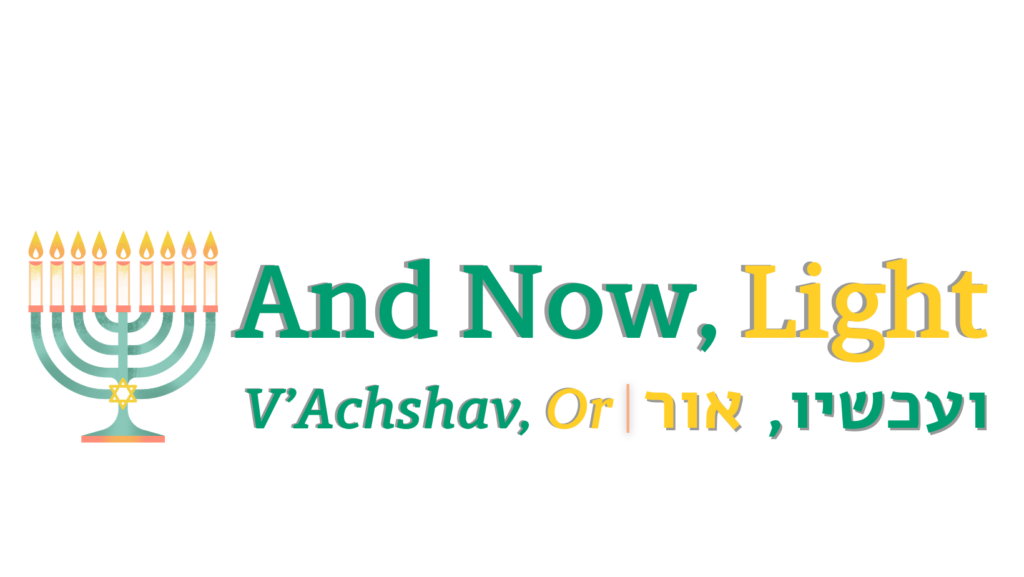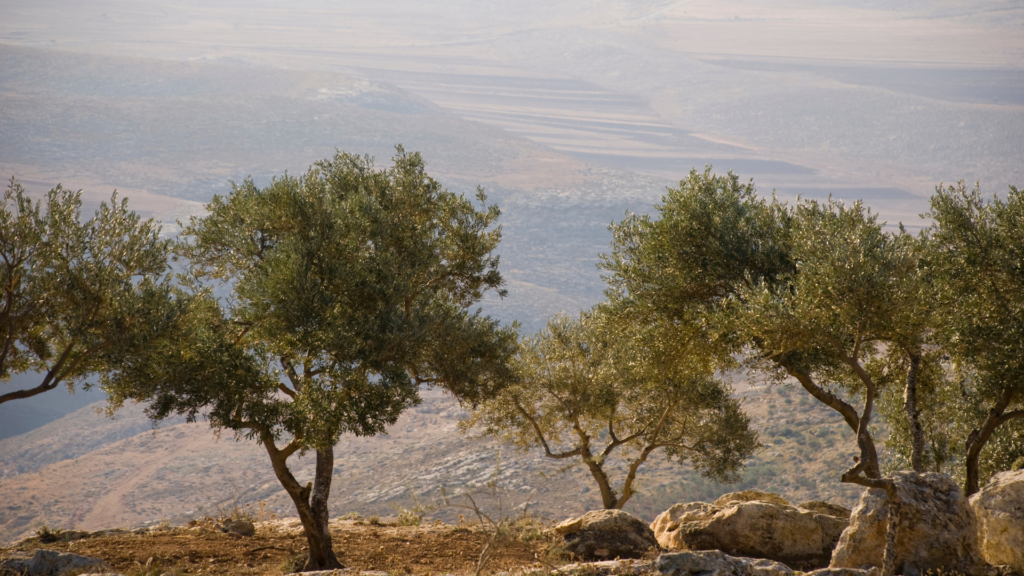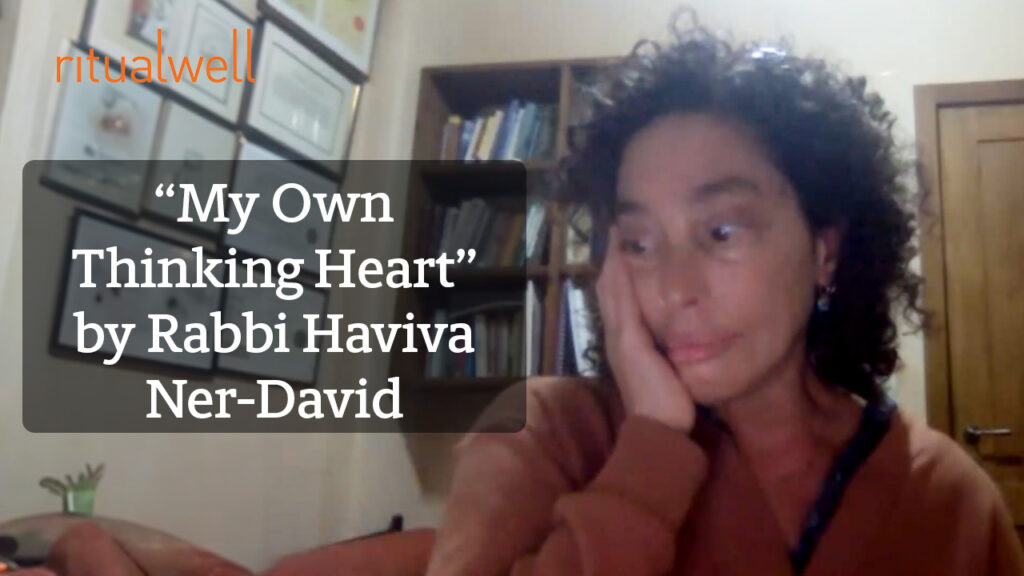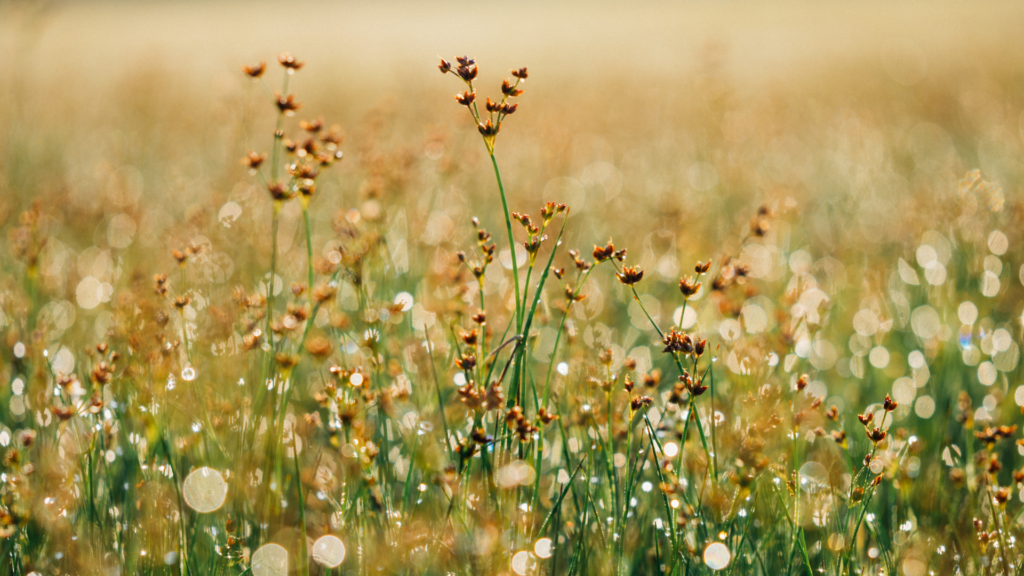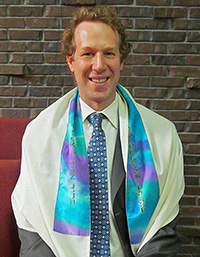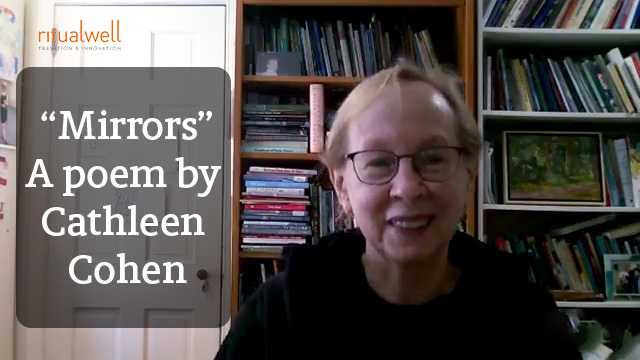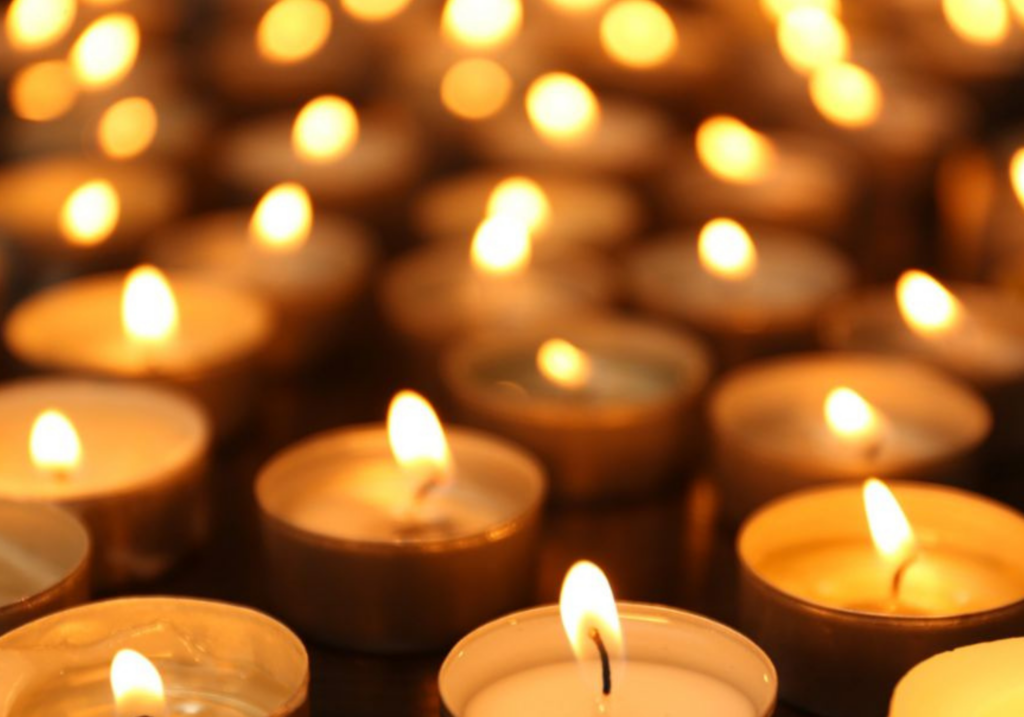
Words of Torah: Integrating Multiple Perspectives into a Narrative
Every week, Rabbi Alex Weissman, director of Mekhinah, and cultural and spiritual life at the Reconstructionist Rabbinical College, emails members of the college community with words of Torah. Here’s his email from Dec. 1, 2023. Dear RRC Community, In case it is not yet clear, I will now be sending

